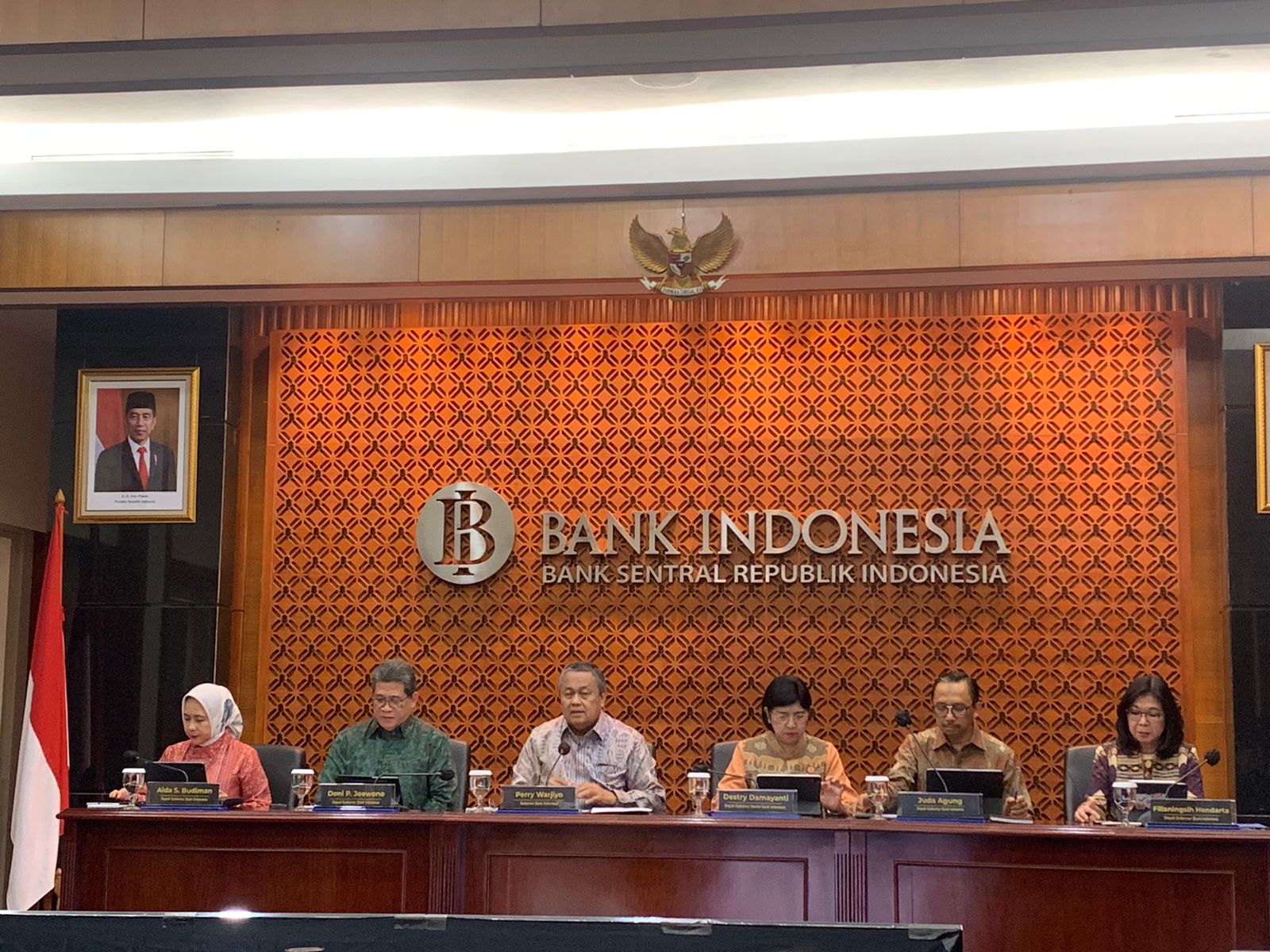Jakarta – Bank Indonesia (BI) reported that Indonesia’s International Investment Position (IIP) recorded declining net liabilities. At the end of the second quarter of 2024, Indonesia’s IIP recorded a net liability of USD247.3 billion, down compared to the net liability at the end of the first quarter of 2024 of USD253.9 billion.
BI Assistant Governor Erwin Haryono said the decline in net liabilities came from an increase in the position of Foreign Financial Assets (AFLN) and a decrease in the position of Foreign Financial Liabilities (KFLN).
“Indonesia’s AFLN position increased due to increased resident investment in various foreign financial instruments,” Erwin said in his statement, Wednesday, September 4, 2024.
In detail, the AFLN position at the end of the second quarter of 2024 was recorded at USD491.5 billion, up 1.2 percent qtq from USD485.7 billion at the end of the first quarter of 2024. The increase in position stemmed from an increase in placements in almost all components of AFLN, especially in the form of debt instruments.
“A further increase in the position of AFLN was also influenced by other changing factors related to the increase in the price of some foreign financial assets,” he explained.
Furthermore, Indonesia’s FFL position declined amid solid foreign capital inflows in direct investment and portfolio investment. Indonesia’s FFL position at the end of the second quarter of 2024 decreased by 0.1 percent qtq to USD738.7 billion from USD739.6 billion at the end of the first quarter of 2024.
“Direct investment and portfolio investment continued to post surpluses as a reflection of investors’ optimism about the domestic economic outlook, low inflation, and attractive investment returns,” he added.
Erwin added that the development of the FFL position was also affected by the decline in the value of domestic financial instruments in line with the strengthening of the US dollar exchange rate against the majority of global currencies, including the Rupiah, and the decline in domestic stock prices.
BI views that the development of Indonesia’s PII in the second quarter of 2024 was maintained so as to support external resilience. This is reflected in the ratio of Indonesia’s IIGF to GDP in the second quarter of 2024 of 18.1 percent, lower than 18.4 percent in the first quarter of 2024.
In addition, the structure of Indonesia’s IIP liabilities is also dominated by long-term instruments at 92.8 percent, mainly in the form of direct investment.
Going forward, BI will continue to pay close attention to global economic dynamics that may affect Indonesia’s IIP prospects and continue to strengthen the policy mix response supported by close policy synergies with the Government and relevant authorities to strengthen external sector resilience.
“In addition, BI will continue to monitor potential risks related to PII net liabilities to the economy,” Erwin concluded. (*)
Editor: Galih Pratama













